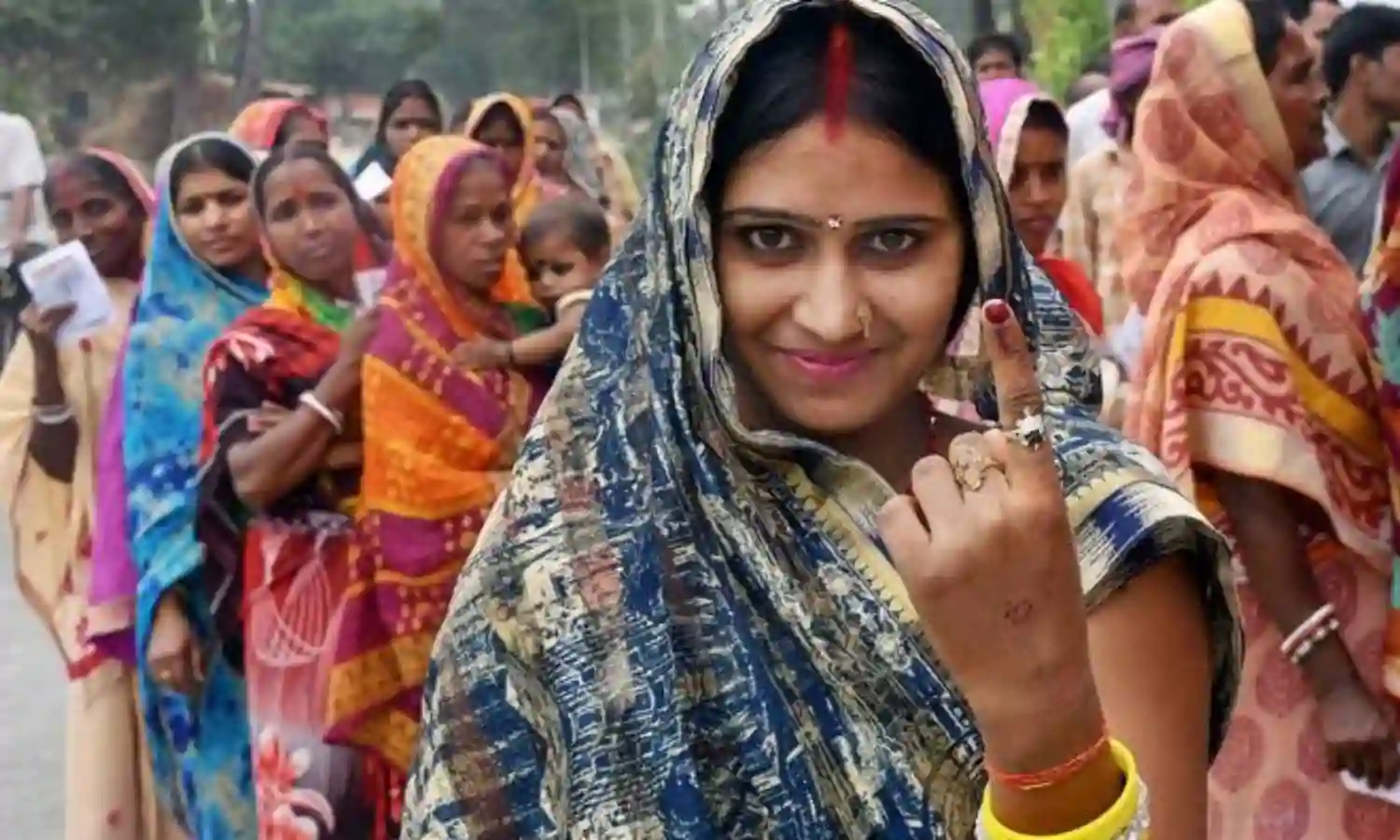Of EVMs and ECI
Politics of polarisation

It is a sad time for democracy when after the vote is cast political parties are running around to ensure that the electronic voting machines, now under the care of the once reputed Election Commission of India, are safe and secure. And free from possible tampering.
Two quick developments after the votes were cast and exit polls started predicting the victory of the Aam Aadmi party in the Delhi elections. The BJP members met Union Home Minister Amit Shah and came out saying that the polls would be proven wrong, and the party would win “comfortably.” Expected words of course, but have nevertheless generated an unease in AAP ranks as the tampering of EVMs has hounded general and state elections for a while now. AAP itself had held a press conference in the past to prove that these voting machines could easily be tampered with.
The BJP has claimed since that the last two hours saw a burst of voting by its supporters that was not captured by the exit polls. The party carried out a massive campaign for the Delhi polls led by Prime Minister Narendra Modi, 70 Union Ministers, 270 MPs and leaders and Chief Ministers from other states.
AAP leader Arvind Kejriwal has held a round of consultations, and had a meeting as well with Prashant Kishor who had managed the election publicity for Narendra Modi, Rahul Gandhi and till recently Nitish Kumar as well. The topic for discussion was just the security of EVMs, with AAP cadres now sleeping the two days between voting and counting outside EVM strongholds. BJP leaders are on the social media predicting that if the party wins the polls, the electronic voting machines will be blamed whereas if it loses, then AAP will take the credit.
While this continues, with genuine apprehension amongst sections of voters and opposition, the finger really points at the Election Commission of India, an institution that was once venerated for its efficiency and objectivity. The ECI recognised the world over for organising and holding one of the largest exercises of democracy seamlessly, has plunged into murky waters of suspicion where it is not seen as taking a stand as per its past traditions and reputation. Perhaps it is impacted by increasingly polarised politics of the day, but it does seem to have lost the sheen that made the ECI an institution of some repute.
The worry comes at the end of a virulent campaign where efforts to communalise the voter saw a no holds barred approach. From ‘goli maaron salon ko’ to calling the chief minister of Delhi a ‘terrorist’ it did begin to seem as all limits of a democratic, decent campaign had been not just violated but completely broken. The relative silence of the ECI during the campaign, and perceived weak action if any, has fuelled apprehension about its ability to protect the voting machines. This might have no basis in reality at all, but judging from the social media, the comments for and against the ECI have also moved into the same polarising trajectory that we have witnessed in this election campaign.
It is imperative for the institutions of democracy like the ECI to work around these statements, and restore its image as a strong, non-partisan, above politics body for which the ruling party and the opposition parties at any given point of time are equal. And that it does not owe its existence to the government of the day, but to the Constitution and the people whose voting rights it is in position to uphold and protect.
It is not good for democracy, indeed dangerous even, when institutions like the ECI get steeped in controversy either through acts of omission or commission, that include silence.
Cover Photograph Courtesy Business Today



